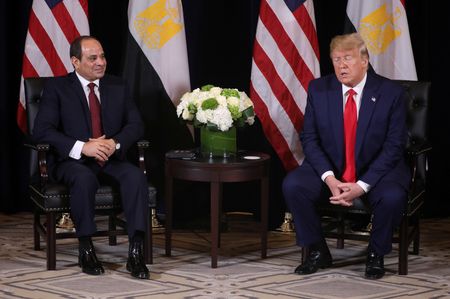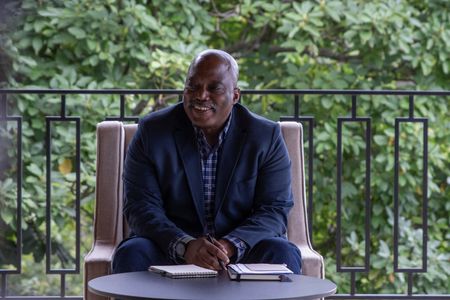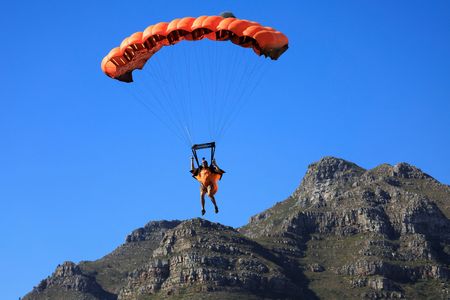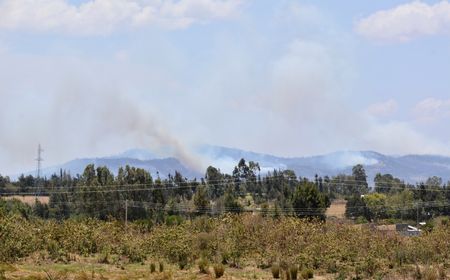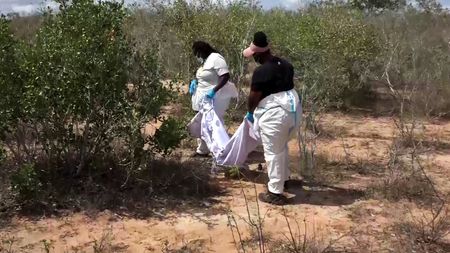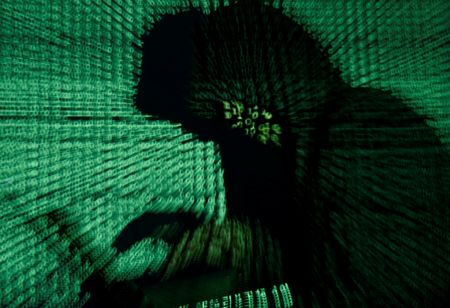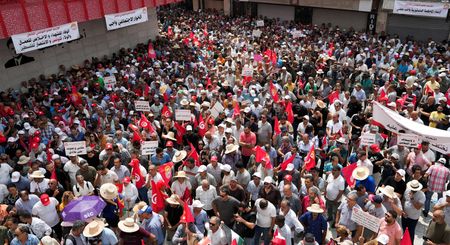CAIRO (Reuters) -Egypt’s President Abdel Fattah al-Sisi and U.S. President Donald Trump agreed on the need to consolidate the Gaza ceasefire deal in a phone call on Saturday, the Egyptian presidency said, but it was unclear if they discussed Trump’s call for the transfer of Palestinians to Egypt and Jordan.
The White House said the leaders spoke about “Egypt’s important role in the release of hostages from Gaza”, and that Sisi expressed confidence that Trump could bring peace to the region.
Egypt said the two leaders had a positive dialogue that stressed the importance of fully implementing the first and second phases of the ceasefire between Israel and Palestinian militant group Hamas, and the need to step up humanitarian aid shipments to Gaza.
The White House statement on the call did not refer to the ceasefire.
Neither statement mentioned whether they discussed Trump’s assertion last week that Egypt and Jordan should take in Palestinians from Gaza following 15 months of Israeli bombardments that have left most of the enclave’s 2.3 million people homeless.
Critics have called his suggestion tantamount to ethnic cleansing.
Sisi rejected the idea on Wednesday, describing it as an “act of injustice”. However, on Thursday Trump reiterated his call, saying, “we do a lot for them, and they are going to do it,” in an apparent reference to U.S. aid to both Egypt and Jordan.
Arab foreign ministers meeting in Cairo on Saturday also rejected a transfer of Palestinians from their land, saying such a move would threaten regional stability, spread conflict and undermine prospects for peace.
Sisi invited Trump to visit Egypt as soon as possible to discuss problems in the Middle East, the statement added. The two presidents also discussed the need to strengthen their economic and investment ties, it said.
The White House said the two leaders also discussed the Grand Ethiopian Renaissance Dam, a disputed project that Egypt has long opposed because of worries about its future water supplies from the Nile River.
(Reporting by Mohamed Hendawy, Ahmed Tolba and Enas Alashray; editing by Jason Neely, Angus MacSwan and Nia Williams)

